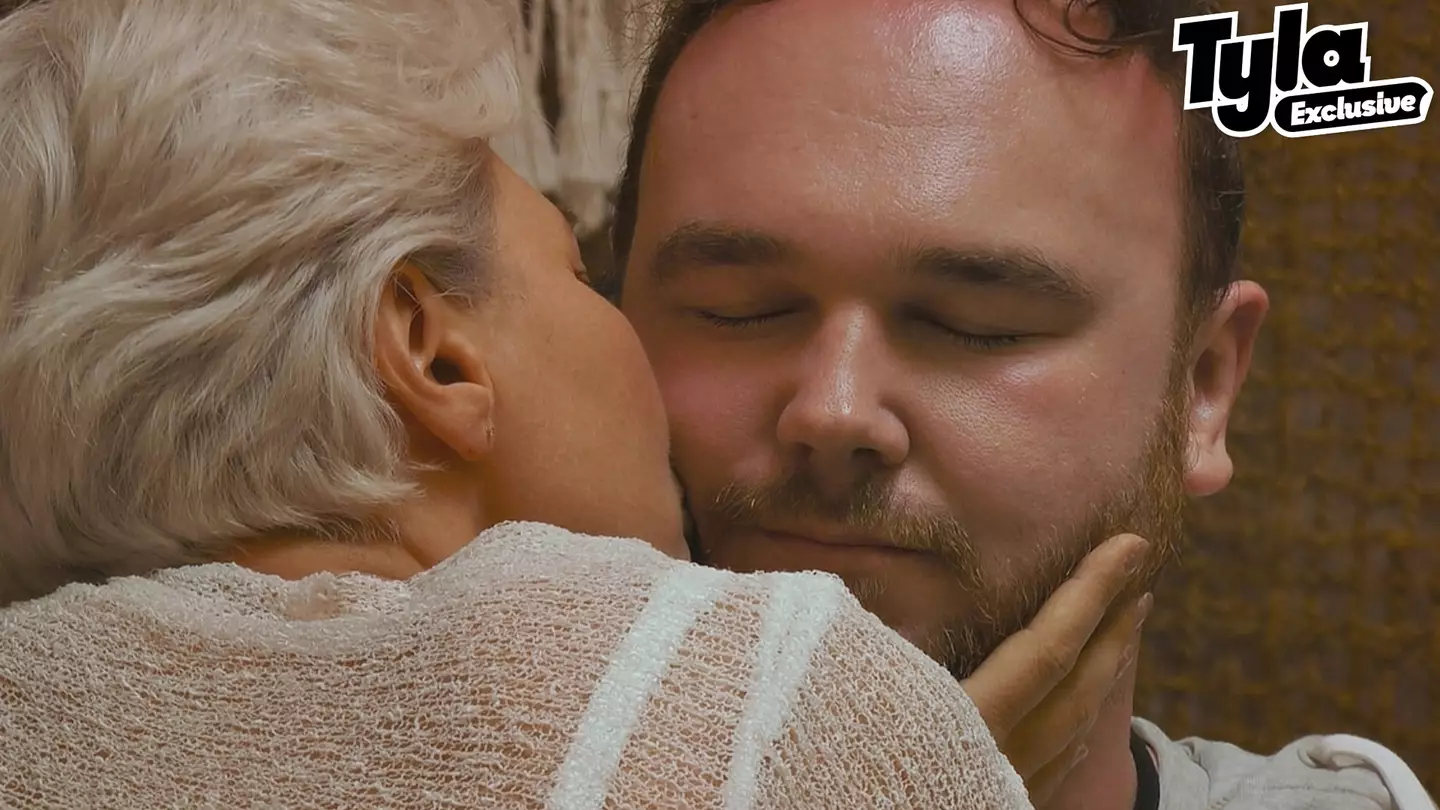
Topics: Channel 4, TV And Film, Reality TV, Sex and Relationships, Virgin Island

Topics: Channel 4, TV And Film, Reality TV, Sex and Relationships, Virgin Island
It's the reality TV show that every man and his dog has been harping on about recently, but it seems not all viewers are pleased by the concept of Virgin Island.
In fact, a number of mental wellbeing and relationship experts have spoken out about the series, branding it 'dangerous' for misrepresenting a vital aspect when it comes to physically intimate romances.
For those who didn't get the chance to tune in to Channel 4's shocking new show, it saw a group of singletons - none of whom had ever engaged in sexual intercourse - shipped off to a luxury holiday resort in Croatia.
Advert
There, the group come face-to-face with a group of sex therapists, who are also referred to as 'surrogate partners', and who vow to help each one overcome their barriers when it comes to touch, and move passed any underlying sexual trauma they might have.
Arguably, one of the most surprising aspects of the show's premise is that the 'surrogate partners' are willing to have sex with the contestants if the relationship progresses to a naturally intimate level.
Through the series - which concluded on Tuesday (27 May) - viewers have watched the contestants invited to therapy sessions where they discuss what they'd like to do to their sexual partners, and set up pretend dates.
The latter activity saw the show's resident experts guiding the virgins through each movement, telling them how and when to initiate touch with their pretend partner in a way that would indicate sexual desire.
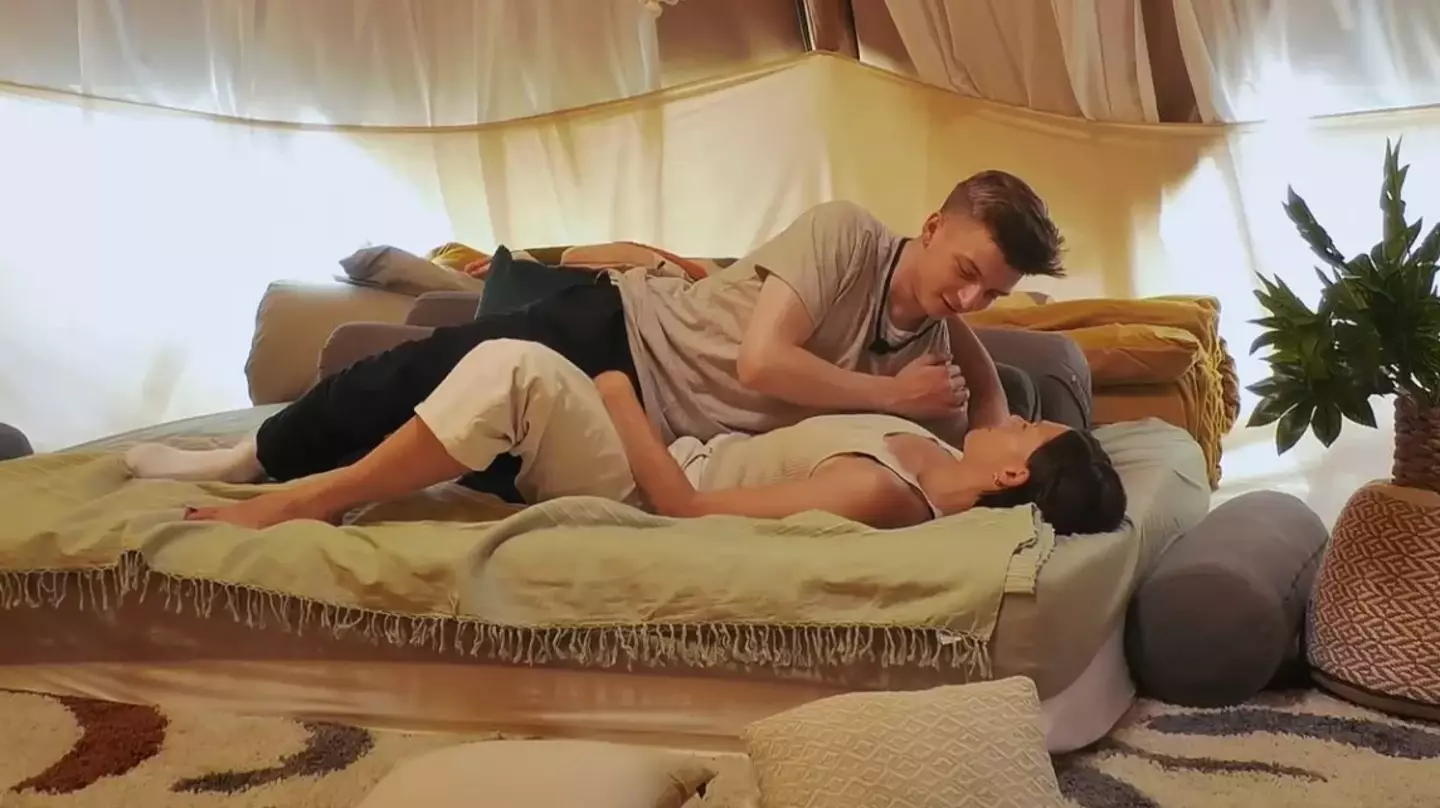
For one contestant, said step-by-step guidance seemed to work wonders, and by the time the series had come to an end, 24-year-old Dave had lost his V-card to sex therapist Kat Slade.
However, a handful of people seem to have taken issue with the premise of the show, claiming it reduces sex to a series of instructions that could have a harmful effect on viewers watching from home, and diminishes the importance of consent.
Speaking exclusively to Tyla this week, psychologist Dannielle Haig (of DH Consultancy) claimed that the show could be wrongly portraying to viewers 'that sex can be unlocked like a sequence', 'rather than earned through mutual desire and trust'.
"When intimacy is broken down into a series of literal steps such as, 'touch their arm,' 'now touch their face', it risks sending a dangerous message," she began. "This can muddy the waters of consent for young or inexperienced viewers who may take these interactions at face value."
Haig continued: "Psychologically, we’re wired to learn through observation. When viewers see physical contact consistently leading to sexual outcomes on TV, it reinforces the idea that physical touch = sexual success.
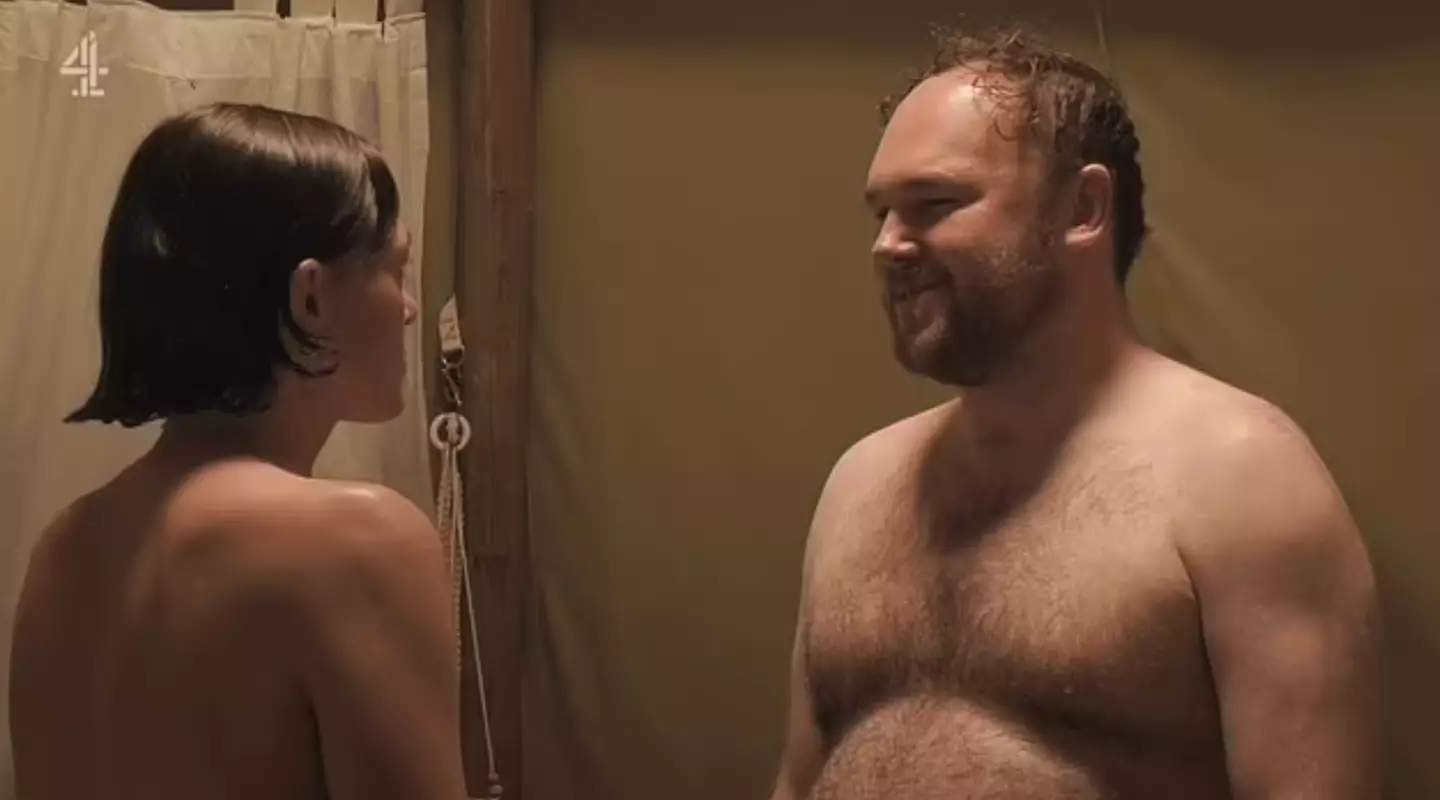
"This is deeply problematic. It shifts the focus from connection to performance and subtly implies that sex is something you can earn if you just play your cards right. That’s not how real-world relationships or healthy intimacy, work.
"In a culture already struggling with entitlement, this can have a chilling effect on how people understand boundaries. Consent isn’t a hurdle to overcome, it’s a fundamental, ongoing conversation."
In agreement with Haig is Dr Lalitaa Suglani, who told Tyla that, while the purpose of the show might be 'demystify physical intimacy for those who have never had sex', she also disagrees with its apparent use of a 'checklist' when it comes to physical intimacy.
"We can understand it in the context of the show, but while these instructions may work in a controlled setting like on the show where there is consent and people know why they are on the show, the risk is that viewers watching from home may misunderstand this as a formula for 'winning' or the 'how to' 'earn' sex with someone else," she explained.
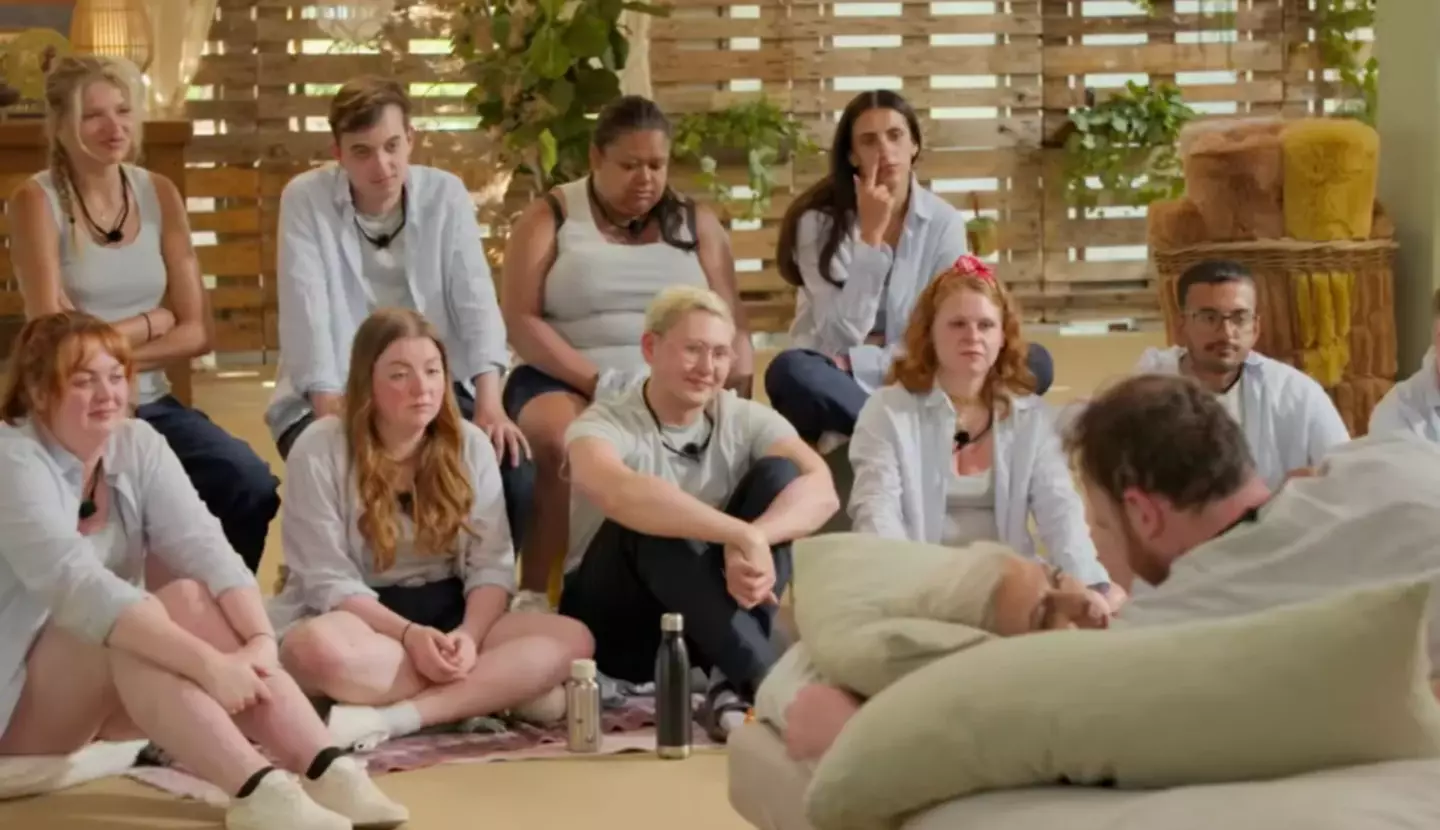
Dr Suglani also takes issue with the show's seemingly lessened focus on what is happening in the mind during the early days of romantic relationships.
She warned: "This show can unintentionally reduce complex emotional and psychological factors into mere physicality. Real intimacy involves vulnerability, trust, and communication, not just physical steps.
"By focusing heavily on physical cues, they may undermine the importance of emotional readiness and genuine connection, especially for people who are inexperienced or anxious about intimacy, it comes back down to the person and what they take away from the show and know it is there for entertainment."
Also chiming in on the debate is psychosexual and relationship therapist Miranda Christophers (founder of The Therapy Yard), who believes that further attention needs to be paid to widening the definition of sex.
"Social media shows mixed responses to what people are seeing, with many supportive of the contestants in the show, some feeling that the show is unethical with concerns around vulnerabilities or potential harm," she began.
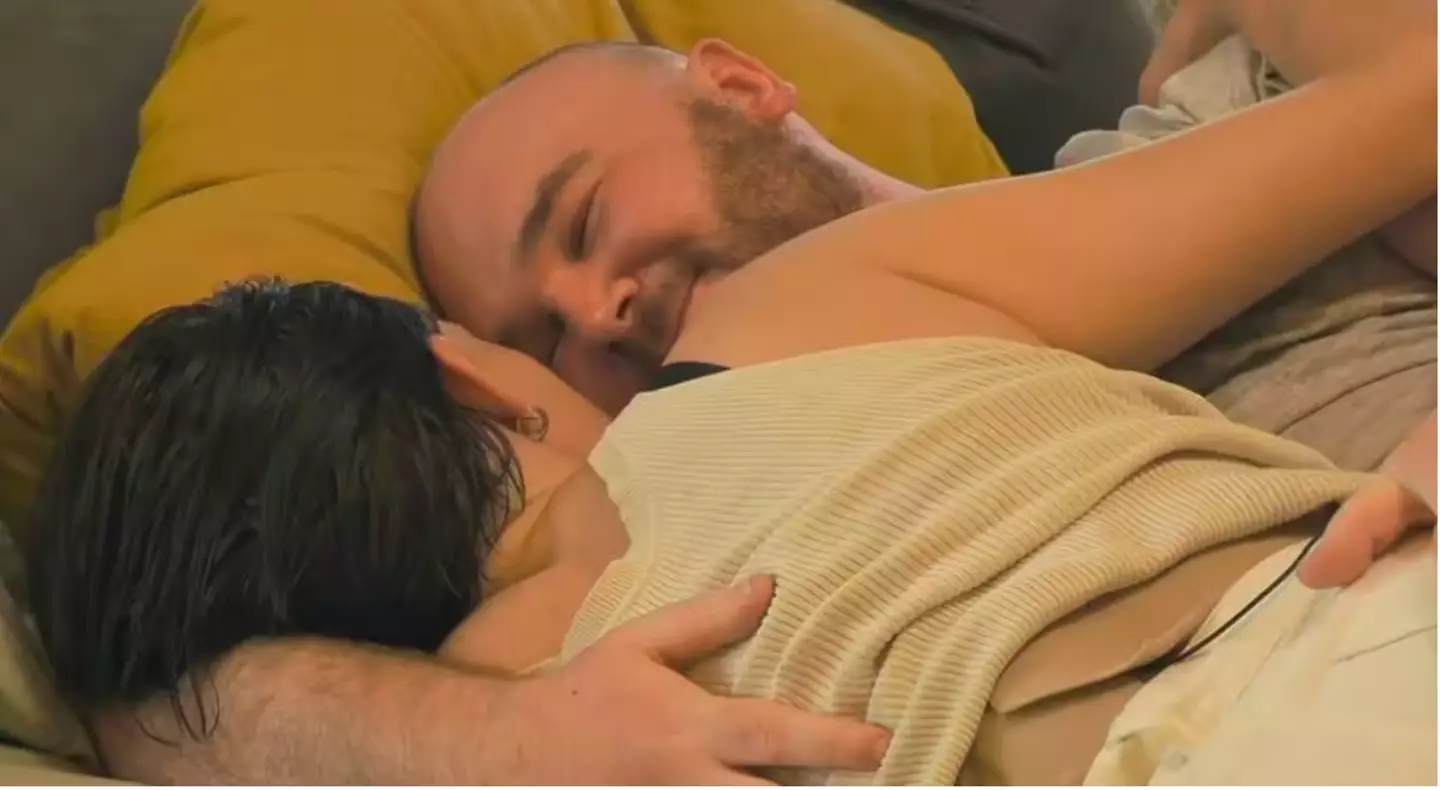
"Others, meanwhile, praise it for exploring a taboo subject, and creating conversations around sex, touch and feelings.
"Additionally, some concerns are raised around behaviours and expectations depicted in shows where hooking up is a goal."
Christophers went on to discuss vulnerable viewers, who might be at the stage where their constructs of sex are only just being built.
"In this show, while there is a focus on building self-confidence and understanding more about the body, self and touch, for many, there was the ‘goal of sex’," she continued. "Programmes like this could cause people to miss a more rounded view, which may help with developing healthy approaches to sex.
"There are many important aspects around sex with intimate partners such as relational as well as emotional and physical preparation, sexual health and wellbeing, exploration to understand each other including likes, preferences and sexual and erotic templates."
She also went on to emphasise the importance of understanding how to relationally create a safe space with a sexual partner, as well as considering the context for sex, what it can mean for different people, the exploration of sex, love and attachment and how this can differ for people.
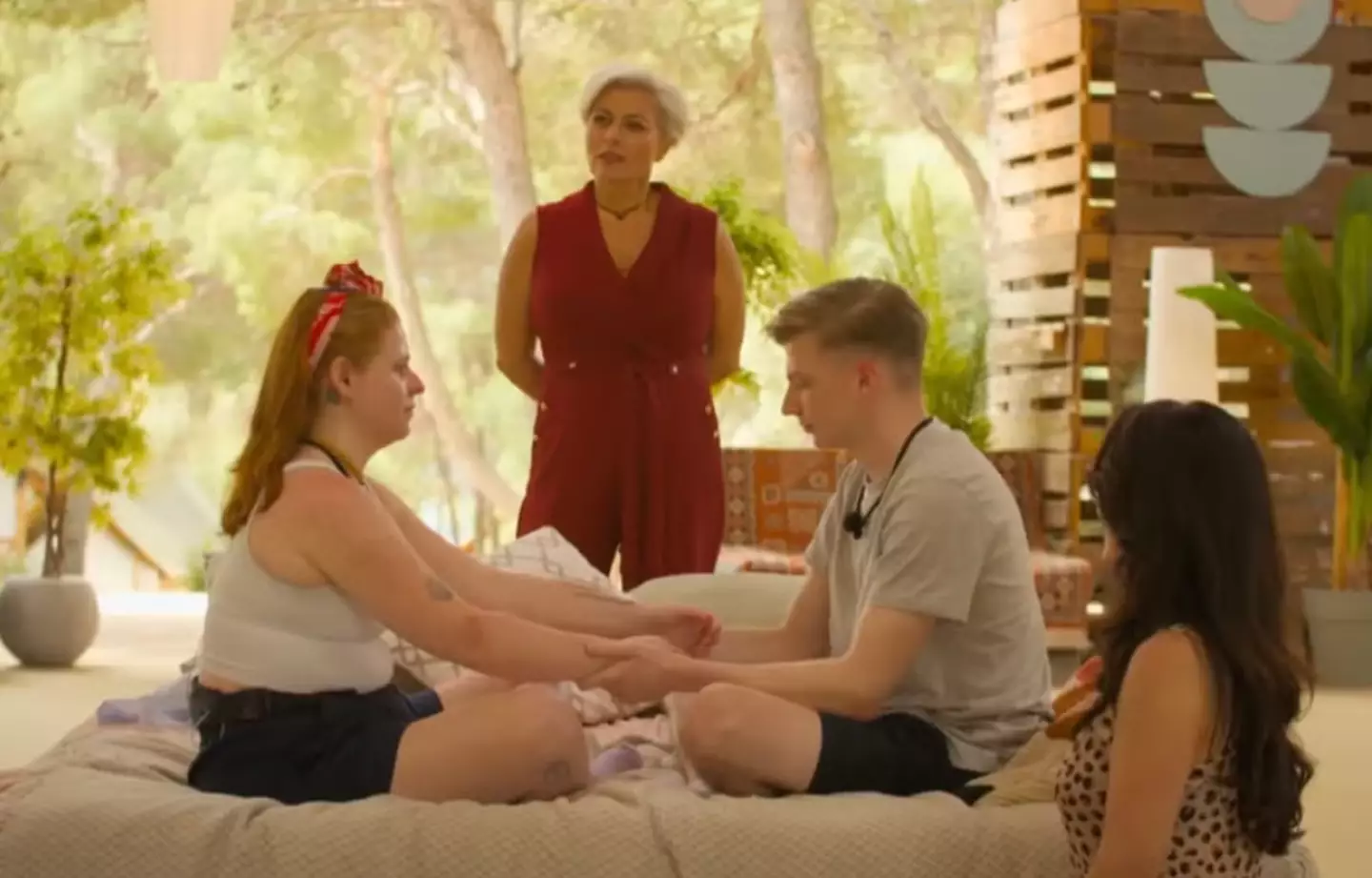
Christophers added that expectations are also something that should be discussed, including communication when it comes to consent.
"Read situations, enquire and respond," she advised.
"To understanding what sex actually means to someone and how that has been constructed, as well as their expectations."
Tyla has contacted Channel 4 for comment.